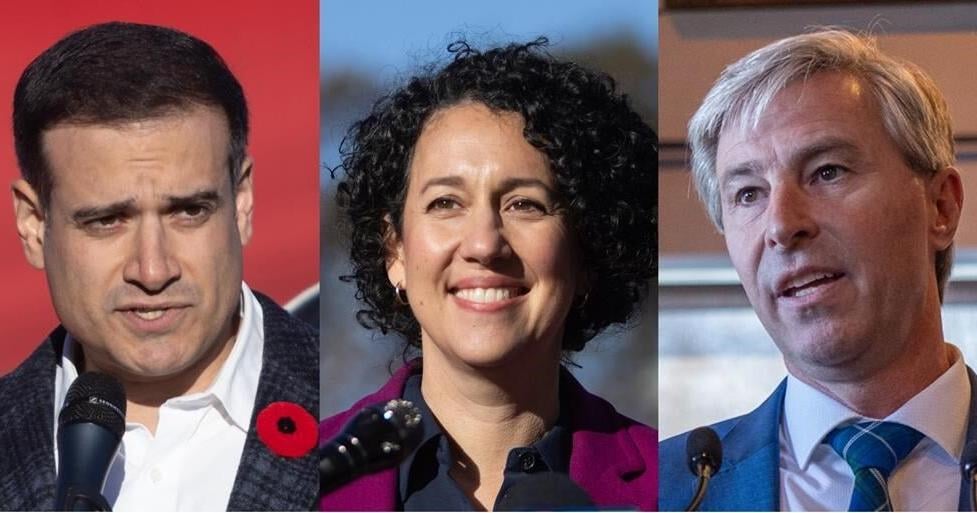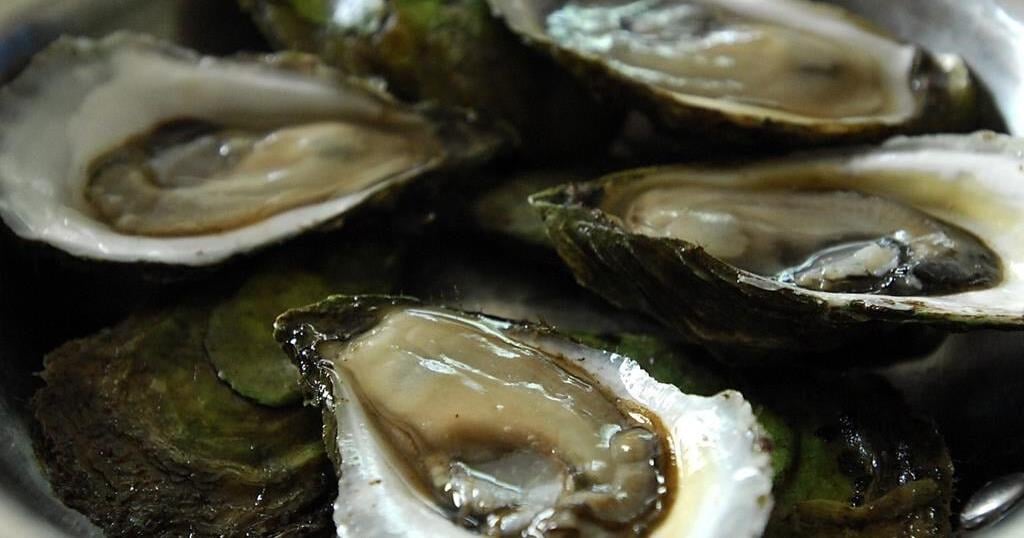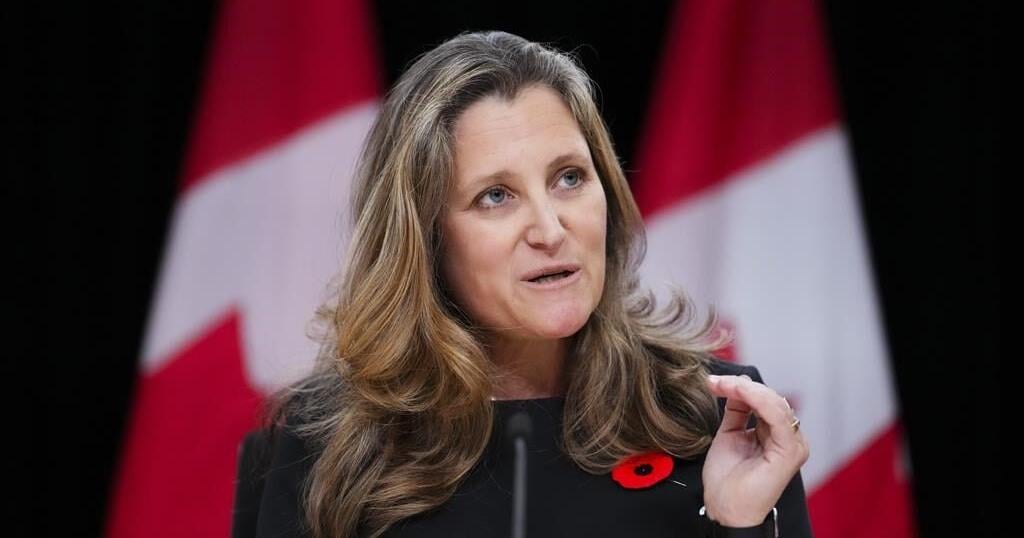HALIFAX – Nova Scotia’s incumbent Progressive Conservatives released their election platform today, which includes a promise to cap electricity rate increases so that they don’t exceed the national average.
The Tory platform also promises to reduce the small business tax rate to 1.5 per cent from 2.5 per cent, and to increase the tax threshold to $700,000 from $500,000.
The majority of the other promises in the platform have already been announced, either during the campaign or before Tory Leader Tim Houston called the election to seek a second term in office.
Those promises include cutting the provincial portion of the harmonized sales tax by one percentage point and increasing the basic personal exemption on the provincial income tax to $11,744 from $8, 744.
Houston has also promised to boost the minimum wage to $16.50 in 2025 if re-elected Nov. 26.
The Tories are the second of the three major parties to release a platform this week after the Liberals presented a plan containing $2.3 billion in election promises over four years.
Liberal Leader Zach Churchill made an announcement today in Halifax where he highlighted several measures contained in the party platform that are aimed at improving women’s health.
Churchill said that while women make up 50 per cent of the population, only about eight per cent of medical research is focused on their bodies. To make up that gap the Liberals would require that 50 per cent of all provincial research grant funding be used to study women’s health.
Churchill said the Liberals would also create a minister of women’s health to ensure that a “gender lens” is applied to the delivery of health care.
NDP Leader Claudia Chender was in Cape Breton, where she promised to boost provincial equalization payments to the Cape Breton Regional Municipality.
Chender says the New Democrats would double the municipal finance grant to $30 million in their first year of government.
This report by The Canadian Press was first published Nov. 8, 2024.


























